Every once in a while, I’m reminded of how deeply uncomfortable it makes some people when families choose to raise readers who see the world beyond their familiar bubble or the boundaries of their own experience. I’ve been told that my work with books as “mirrors and windows” means I want to cancel all the classics. I’ve been told that I have a hidden political agenda. I’ve been told that children should only read stories from one culture, one time period, or one type of person.
Let’s just set the record straight.
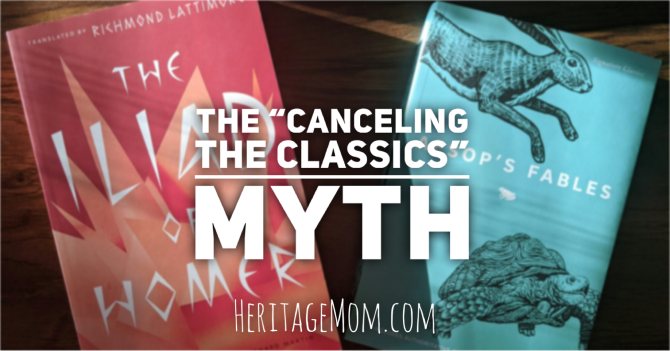
On the “Canceling the Classics” Myth
Apparently, according to my racist critics, I think we should throw out every classic book in favor of “diverse” ones. Let me say this as plainly as possible: that is absurd.
“It’s difficult to deny that books such as those [classics]… should be a part of a child’s education. Yet, these same classics sometimes contain traumatic representations of people of color that need to be carefully examined and addressed if they’re to be shared with our children. But often, the issue is not in what is said; it’s in the silence. Most titles generally accepted as classics entirely lack any representation of diverse voices. Is it right to ask children to spend most of their reading lives in the company of authors and characters diverse in thought and perspective but sorely lacking cultural representation? Surely there is more than one narrow list from which to educate.”
– Amber O’Neal Johnston, A Place to Belong
Are there some classics we can live without? Sure, but I don’t promote regularly ditching them as a “go to” strategy. For my older kids, especially, we tackle problematic books more often than we avoid them. Any reduction in the reading of the traditional canon is due mainly to a lack of time to read “all the things” vs. a desire to run about canceling titles.
“While I don’t want to burn the classics, I do want to de- elevate some of them and set a few others aside to make room at the table for other voices and perspectives. For this to occur, we must make choices. Our thinking on literary standards has evolved, but the number of hours children can or should devote to sitting and reading has not. We can lovingly offer a finite number of books during childhood, and we cannot aggressively ratchet up this number to stuff our children with too much of a good thing.”
– Amber O’Neal Johnston, A Place to Belong
In my home, we read expansively. We read poets from the Romantic period and the Harlem Renaissance. We read Dickens and Baldwin, Austen and Hurston, Shakespeare and Morrison, Homer and Hughes. We read biographies of famous and little-known inventors, former presidents, enslaved rebels, and unsung women who changed the world in kitchens, churches, and community halls. We read widely because loving literature means appreciating how words connect people across centuries and continents.
The idea that I’m advocating for a “ban” on classics is nothing more than a straw man built to get people incensed. It’s a misrepresentation meant to provoke outrage and indignation rather than engage honestly. When someone has no logical argument against the good work of opening children’s eyes and hearts through books, they have to invent an imaginary villain.
What’s Really at Stake
The real offense, it seems, isn’t that I read books differently in my home. It’s that I dare suggest other families might, too. And for some people, that suggestion feels threatening. But why?
If they want to keep their own shelves lily white, they can. There is no shortage of homeschool curricula and booklists that focus solely or primarily on white voices. In fact, more are being churned out daily as a kind of “antidote” to what they imagine is a terrible plague—books that tell more about specific parts of America’s history, highlight the beauty of cultures beyond Europe, and celebrate the lives of Black and brown people alongside everyone else.
So again—if there is already an overabundance of white-centered resources, what’s the problem? Why the anger if some of us choose a broader path? The only answer I can come up with is that it’s not enough for some people to reserve an all-white education for their own children. They want everyone else’s children to have the same limitation, too.
Patriotism on Whose Terms?
I also keep hearing that those who love diverse books are somehow “less patriotic.” That’s almost comical.
How do you measure patriotism? By birth certificate? By skin color? By pretending a country has no flaws?
If you love a country, you love its people—all its people. If you love a country, you don’t need to erase the ugly chapters of its story; you acknowledge them along with the exceptional parts and proudly work to make things even better. If you love a country, you want your children to inherit both the triumphs and the lessons learned from failures.
So, who loves America more? The ones who insist on sanitizing its story until it fits a narrow, whitewashed ideal? Or the ones who say, “I love this nation enough to tell the truth, to celebrate its beauty, and to keep striving toward its founding ideals”?
Who’s Really Pushing an Agenda?
Some accuse me of having a political agenda. Let’s call that out for what it is… projection.
When you fight tooth and nail against children reading stories about anyone who isn’t white, when you claim that only old, white-authored books are the best books, when you demonize diversity as “indoctrination”—that’s the real agenda.
When I write or speak on a stage, I’m thinking about one thing: our kids (mine and yours). Divisive politics and polarizing terminology are the furthest thing from my mind in those moments.
The idea that reading widely somehow threatens your worldview is a confession. Maybe your worldview isn’t as strong as you think it is.
Mirrors, Windows, and the Inconsistencies
Another popular talking point is that books shouldn’t act as “mirrors.” They say books are only meant to point us to God.
First, that’s an artificially narrow view of literature. Throughout history, stories (oral and written) have always helped people understand themselves, their neighbors, and their place in the world. But even if I granted their premise, I’d still ask why, then, do the same people cry out in fear that their “culture” is disappearing? Why lament that their “memories” are being erased?
If culture doesn’t matter, why does yours matter so much? If books can’t serve as mirrors, why are you panicking that your reflection might fade?
The truth is that they do know culture matters. They just don’t want other people’s cultures to matter.
“Obscure” Stories and Why They’re Obscure
I’ve heard that teaching about Black and brown historical figures is a waste of time because those people are “obscure” and “little known,” while the Founding Fathers are “important.”
Let’s stop and think critically. Why are so many Black and brown stories obscure? Not because those people were insignificant, but because racism has pushed them to the margins of history books. Erasing them again only reinforces that racist legacy.
Studying the overlooked doesn’t diminish the significance of the dead presidents. It honors the fullness of history and teaches our kids to value balanced truth over manufactured myth.
On “Quality” and What Makes a Good Book
In chapter six of my book A Place to Belong, titled What Makes a Good Book Anyway?, I go deeper into this conversation. I highly recommend people read it for a fuller view on this issue. One of the most insulting arguments made against my work is that I supposedly advocate replacing “higher quality” books with “lesser” ones just so they feature Black or brown people. The audacity of that assumption is stunning.
First, it assumes that books written by or about people of color can’t possibly be as good as the works traditionally included in the canon. That’s racist. Second, it assumes that a book’s sentence structure or vocabulary level is holier than a book’s subject matter or the living ideas it conveys. But a Victorian novel with ornate prose isn’t inherently “better” than a contemporary book written in modern speech. Sometimes the so-called “simpler” book contains deeper ideas or offers a different kind of richness that rounds out the feast.
“A book may be long or short, old or new, easy or hard, written by a great man or a lesser man, and yet be the living book which finds its way to the mind of a young reader.”
– Charlotte Mason, School Education, p. 228
And that’s precisely how I think of booklists – as a feast. No hostess individually serves the absolute “best” thing she can make in every category—the fanciest appetizer, the most elaborate salad, the richest entrée, the most decadent dessert—with no regard for how it all comes together. Instead, she plans the meal as a whole, creating harmony, contrast, and synergy. Likewise, a bookshelf becomes stronger not because every single title is a literary masterpiece or marvel of language but because together they create a feast of ideas that nourishes children in body, mind, and soul.
Twisting God’s Word
And perhaps the most sinister tactic I see among racists (and others who act on racist ideas while insisting they are not racist) in the homeschooling world is questioning my devotion to Christ. Because I don’t parrot their preferences, they twist God’s Word to paint me as unfaithful. That is spiritual manipulation, and let’s be clear, it’s sin.
The truth is that I love the Lord with all my heart, all my soul, and all my mind, and I strive to love my neighbor as myself. I have prayed extensively, on my knees and on my face, about the work I do. I’ve asked Him to guide my tongue, to forgive any misstep or misspeak that does not align with His will for me, my children, or those who hear my words. I believe, with conviction and with peace from the Holy Spirit, that He loves all of us and that we all have a place in His story.
We are all made in His image. Yet somehow, when I advocate for the inclusion of all God’s people in the story, I’m accused of being sinful or of leading others astray. It is painful when fellow believers refuse to acknowledge me as a sister in Christ. Disagreement is fine, but there is a biblical way to disagree with a sister. I’m still waiting for them to follow that path.
“By this everyone will know that you are my disciples, if you love one another.” – John 13:35
Thinking More Critically About What We Put on Our Shelves
This isn’t an all-or-nothing proposition. I’m not saying you have to read only diverse texts. But I am saying that if you refuse to read them, you are the one insisting on an all-or-nothing world according to your preferences and biases. And no amount of hiding behind the false theology of “white is right and God only agrees with me and my classics” will change that.
Here are some questions worth asking as you choose books for your family:
- Whose voices dominate your shelves, and why?
- What stories are missing, and who benefits from that absence?
- Are you raising children to see themselves as part of a single thread or part of the whole human tapestry?
- Does patriotism mean worshipping a myth, or does it mean loving a country enough to tell its stories… the good, the bad, and the ugly?
- Are you afraid your children will lose their faith if they encounter other people’s humanity? If so, what does that say about your faith?
- What might your children gain—spiritually, intellectually, emotionally—by seeing God’s image reflected in the lives of people different from (or the same as) them?
- Is reading only old books with rich vocabulary and stellar sentence structure a biblical mandate or a personal preference?
- Is reading diverse books sinful? Why or why not?
The Bigger Picture
At the end of the day, this isn’t really about books. It’s about fear. Fear that widening the circle might loosen someone’s grip on control. Fear that telling certain truths might expose too much. Fear that children might grow up freer, wiser, kinder, and braver than their parents.
I’m not afraid of that. I welcome it because the future belongs to the children who understand the stories of many people, not just sanitized narratives of a few.
Our kids are capable of more. More understanding. More courage. More love. Let’s not rob them of that gift just because some adults are too scared to share the bookshelf.
*****
To dig more deeply into these topics (and so much more), check out my books and find me on Insta @heritagemomblog.
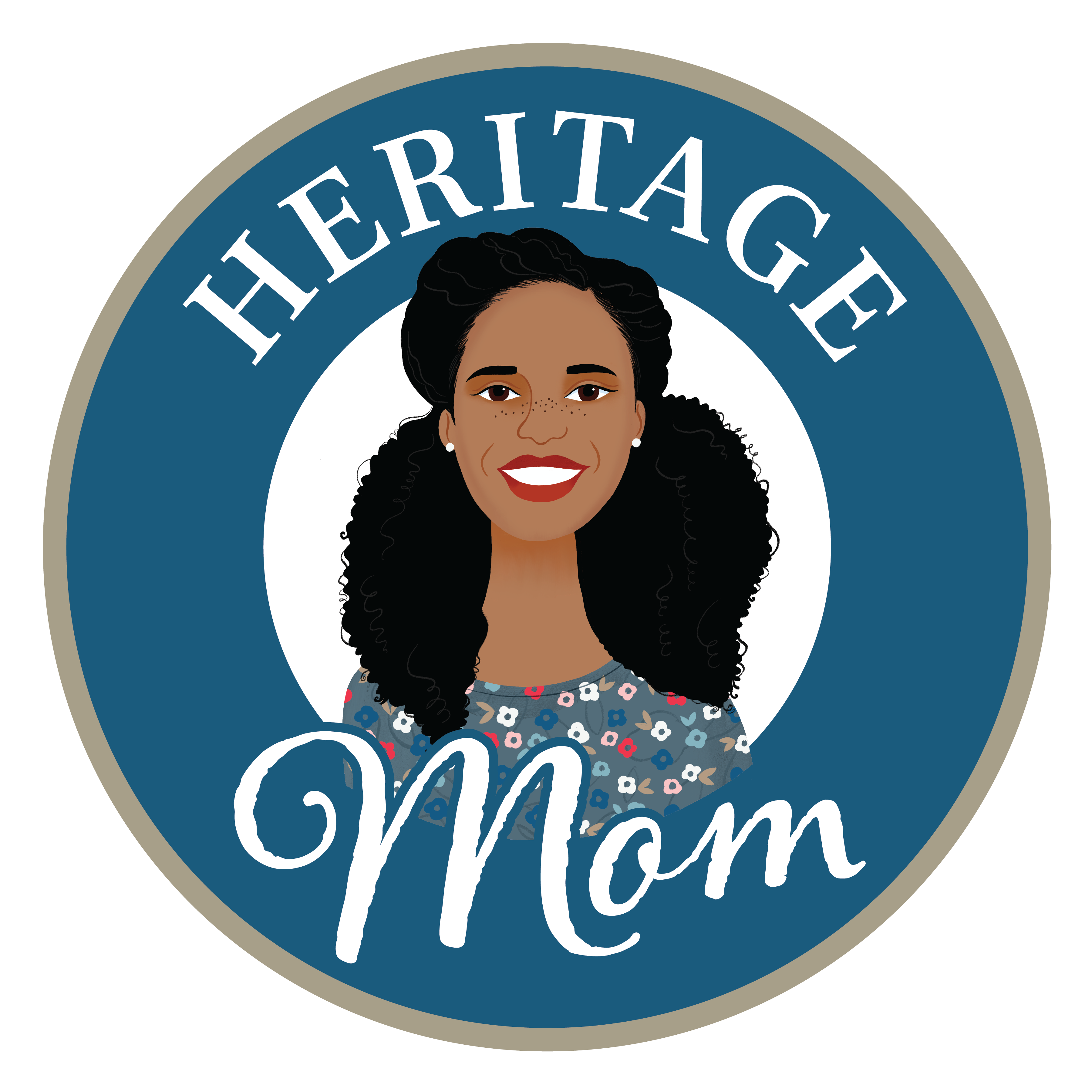
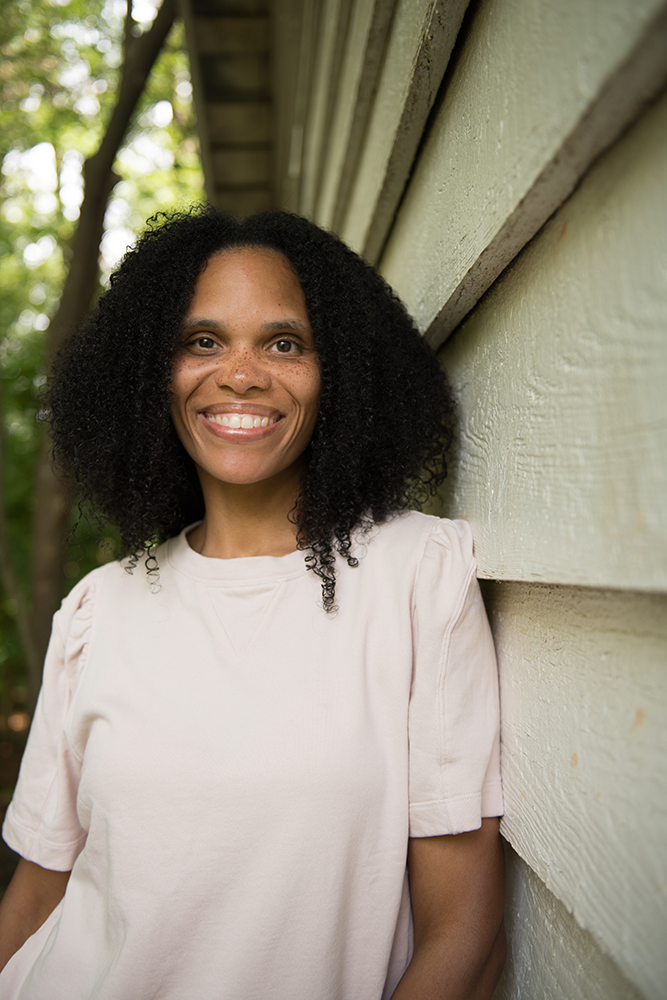
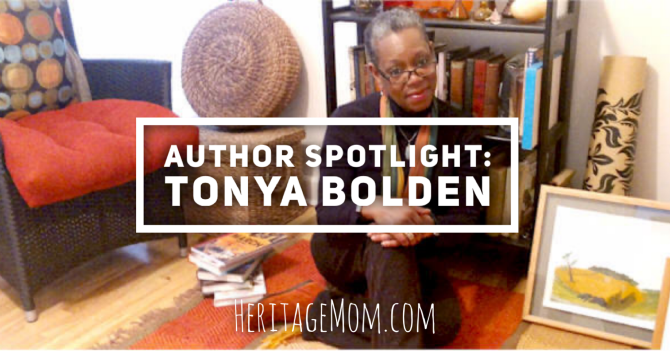
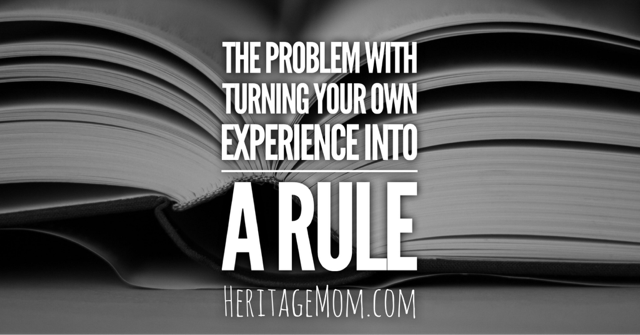
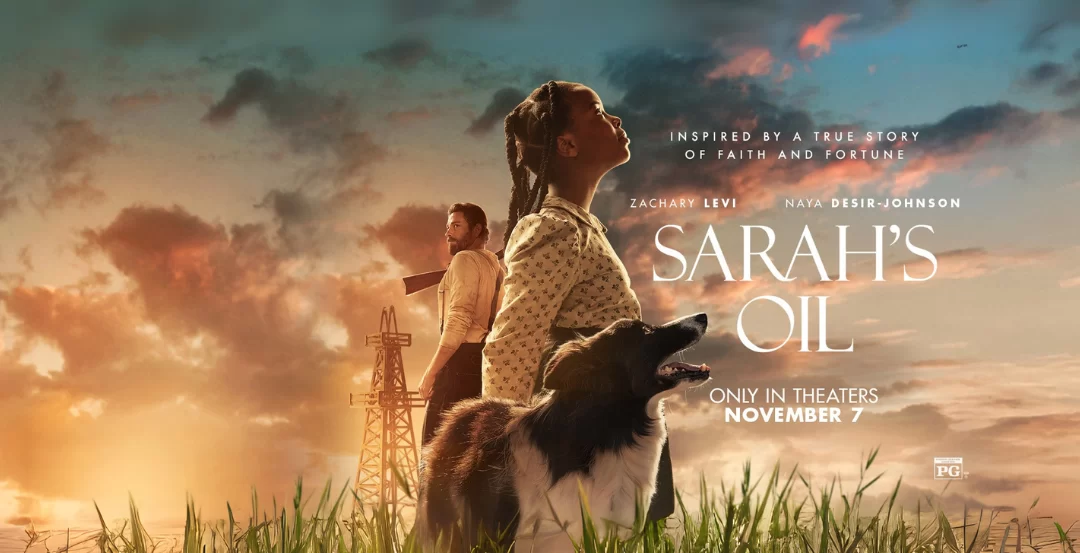
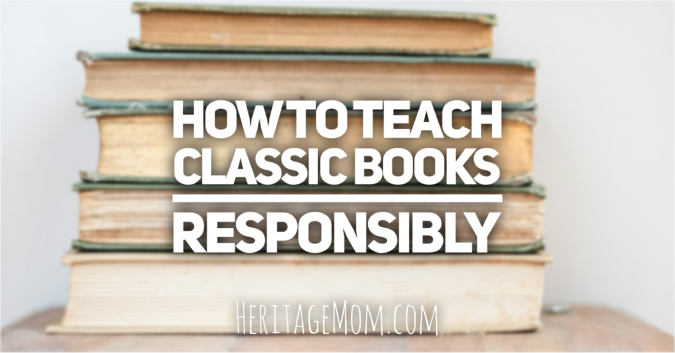
People are terrified of being de-centered. We go into freeze mode when we think anyone is trying to change the stories we’ve been told for so long – mostly, that european culture + america have always been shining examples of heroism and civility. I think many people are scared of what will crumble if they question that narrative. I would like to ask the question – but what will you gain? For me, the answer has been softness. Wonder. The ability to hold nuance in my arms and sing to her, unafraid.
I think anyone who is hateful about expanding or critiquing the classics needs to be held for a little while and told like a child, “I’m going to tell you something that will feel scary, because it’s not the ancestral story you’ve been told. But we’re going to get through it. And it’s going to be really good on the other side. And don’t worry, you’re still part of the story.”
Cheering for you, Amber.
This made me smile – the message but also the way you write. It’s poetic and powerful. Yes! I can tell that they’re afraid because they’re grasping at straws, making false accusations, and fearmongering. And it really is good on the other side, with all of us there together.